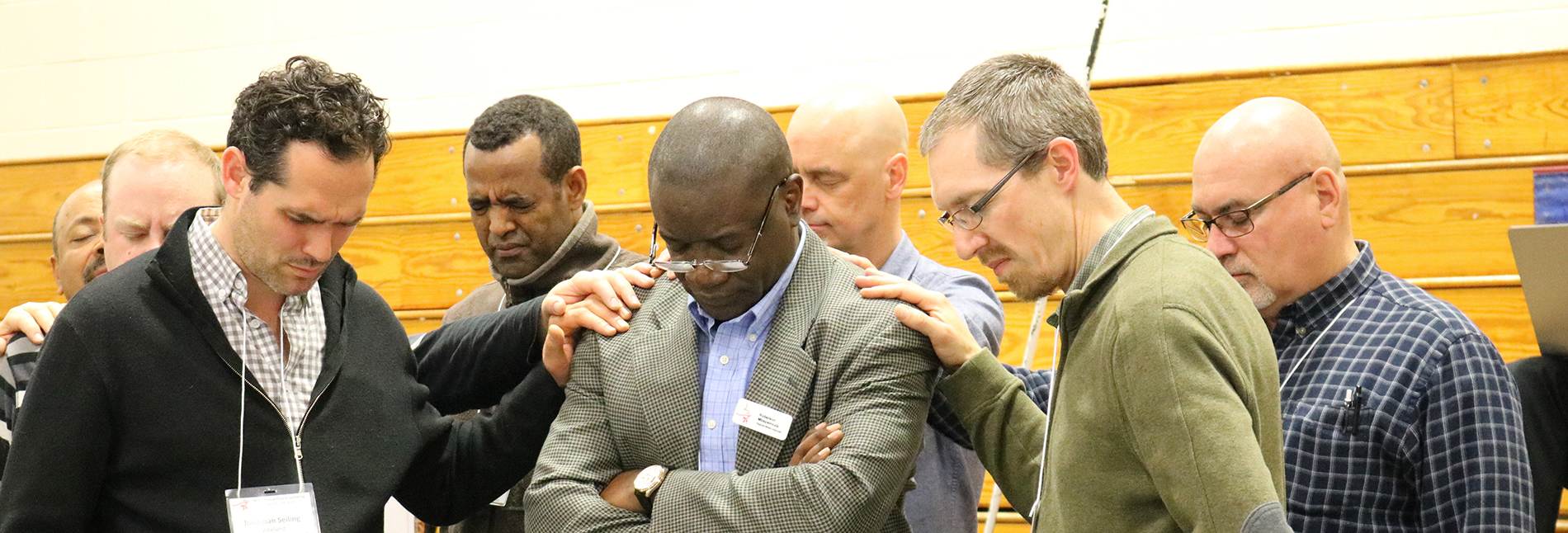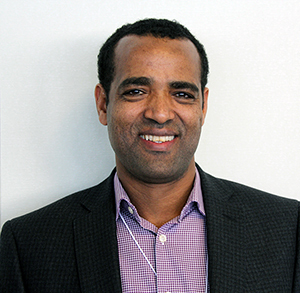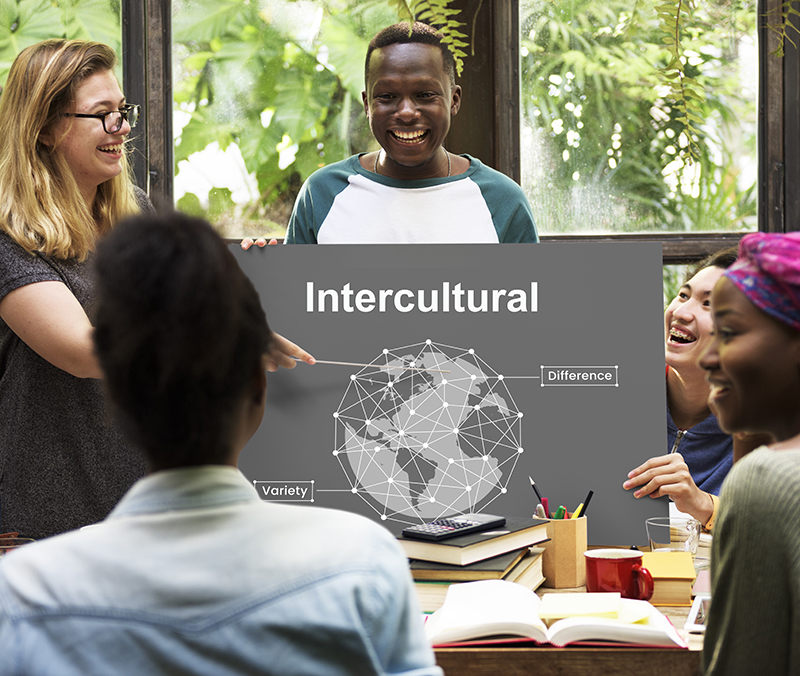Release Date: January 25th, 2021Intercultural Ministry is No More A Dream

It's A Stark Reality
 Our MCEC website describes us as “a community of disciples of Jesus walking together in response to God.” It says that “we are committed to using our times, talents and resources to engage the world with the reconciling gospel of Jesus Christ.” As an Intercultural Mission Minister of MCEC, I not only accept this description but also I do my best to embody it in the ministry with which I am engaged.
Our MCEC website describes us as “a community of disciples of Jesus walking together in response to God.” It says that “we are committed to using our times, talents and resources to engage the world with the reconciling gospel of Jesus Christ.” As an Intercultural Mission Minister of MCEC, I not only accept this description but also I do my best to embody it in the ministry with which I am engaged.
We believe that it is now time to create a space where disciples of every nation, congregations with different cultural backgrounds and leaders of every color of the globe overtly serve each other with the gifts of the Holy Spirit.
I believe that almost every country in the world is becoming a mini-globe. Our beloved Canada is one of the leading countries of the world in terms of growing a mosaic of new citizens of every nation, language, tribe and religion of the planet. I think that the reflection of Suzy Kassem (an American writer with Egyptian heritage) on the world mirrors Canada. She says, “The world is no longer white, black, yellow and brown. Through love, tribes have been intermixing colors to reveal a new rainbow world. And as more time passes, this racial and cultural blending will make it harder for humans to side with one race, nation or religion over another.”
MCEC has been very intentional to make disciples of Jesus, grow congregations, and form leaders that represent this reality of a mini-globe. We believe that it is now time to create a space where disciples of every nation, congregations with different cultural backgrounds and leaders of every color of the globe overtly serve each other with the gifts of the Holy Spirit. Intercultural ministry is just that. As Intercultural Mission Minister, it is my commitment to invite MCEC individuals and congregations to intentionally grow in knowing and understanding each others’ cultures, in developing listening skills and genuine interest, and in cultivating attitudes of openness, curiosity and discovery.
The late Christian apologist Ravi Zacharias’ explanation of how culture works in marriage can be applied to the intercultural church. He eloquently explains, “Culture is critical in marriage because in a real sense, culture is the behavioral expression of one’s values, appreciations, tastes and relational style in both simple and serious matters of life. Add to this the dimensions of language and cultural memory, and you have worlds within worlds. In effect, culture provides the how and why of an individual’s behavior.” Indeed, this is the journey we have started at MCEC.
How can this even be possible?
Why should we choose this way of expressing who we are in Christ? The answer is simple, we are called to be the body of Christ that worships him with songs, dances, and other verbal and non-verbal expressions of many nations, languages and tribes – a piece of heaven on earth. We are also to proclaim the Gospel of Jesus Christ to the whole race of humanity. (Matthew 28:19-20)
 How can this even be possible? It is simple again; our God is the God of possibility. When he sent the bread of heaven to Israelites God made the prophetic expression, “with God nothing is impossible” come true. When Zachariah and Elizabeth (barren couple) conceived John the Baptist, and Mary (the virgin of Bethlehem) became the mother of Jesus Christ our Lord, God proved the statement “with God nothing is impossible” (Luke 1:37) to be true. We stand by faith on the promise of Jesus to be with us as we use every will power to become who he invites us to be at this time in history – disciples who make disciples that make disciples.
How can this even be possible? It is simple again; our God is the God of possibility. When he sent the bread of heaven to Israelites God made the prophetic expression, “with God nothing is impossible” come true. When Zachariah and Elizabeth (barren couple) conceived John the Baptist, and Mary (the virgin of Bethlehem) became the mother of Jesus Christ our Lord, God proved the statement “with God nothing is impossible” (Luke 1:37) to be true. We stand by faith on the promise of Jesus to be with us as we use every will power to become who he invites us to be at this time in history – disciples who make disciples that make disciples.
In other words, we as the body of Christ have chosen to respond to God’s call to become an intercultural body of Christ. Therefore, we chose to love who we have become.
Let me allow Chetan Bhagat (an Indian author and columnist) to answer in a practical way how it is possible to be an intercultural body, “Actually the choice is simple. When your child decides to love a new person, you can either see it as a chance to hate some people - the person they choose and their families. However, you can also see it as a chance to love some more people. And since when did loving more become a bad thing?”
In other words, we as the body of Christ have chosen to respond to God’s call to become an intercultural body of Christ. Therefore, we chose to love who we have become and continue this journey into the future with excitement, expectations of fruitfulness and growth and fulfillment of the commandment of Jesus Christ. Let us make a way to love and respect one another.
What should we expect from the Intercultural Mission Minister’s office? Let me use a wise saying attributed to Abraham Lincoln, “If you tell me that I have six hours to cut a tree, I will spend the first four hours sharpening my axe.”
Yes, indeed. I will strive to the best of my ability to use the gifts God has given me to function as one of the midwives of the birth of a new Church of multi-nations who love and serve one God, the Savior and the Holy Spirit. I dream to see the church thrive in allowing the Holy Spirit to glorify Jesus Christ among us using disciples of every nation, congregations of every language and leaders of every color of people.